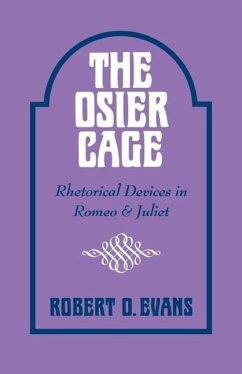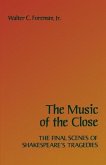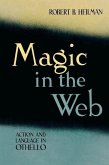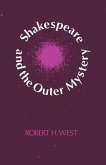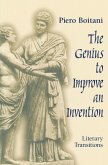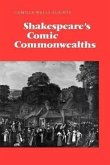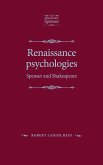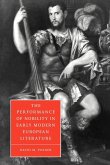By studying the diction of Romeo and Juliet, Robert O. Evans examines this, the most rhetorical of Shakespeare's plays, in terms of an Aristotelian critical category, which has been neglected in modern times. Inherent in his methodology is the assumption that Romeo and Juliet is best regarded as drama, not as pure poetry, though essentially it is the rhetorical brilliance of the poetry that is considered. Evans begins with an analysis of the important speeches of Romeo and Juliet and defines the controlling devices Shakespeare wove into them, especially oxymoron. He then follows with a discussion of the role of Friar Laurence, whom the author finds is a catalyst between the warring houses and between the lovers and the outer world of Verona. Evans concludes with an examination of Mercutio's famous Queen Mab speech, which, he points out, has an integral relationship to the structure of the tragedy as a whole. An analysis of the rhetorical devices of the play, Evans believes, demonstrates the thesis that the tragic effect of Romeo and Juliet is one of fulfillment, with the tragedy arising from the character of the protagonists rather than from circumstance.
Hinweis: Dieser Artikel kann nur an eine deutsche Lieferadresse ausgeliefert werden.
Hinweis: Dieser Artikel kann nur an eine deutsche Lieferadresse ausgeliefert werden.

